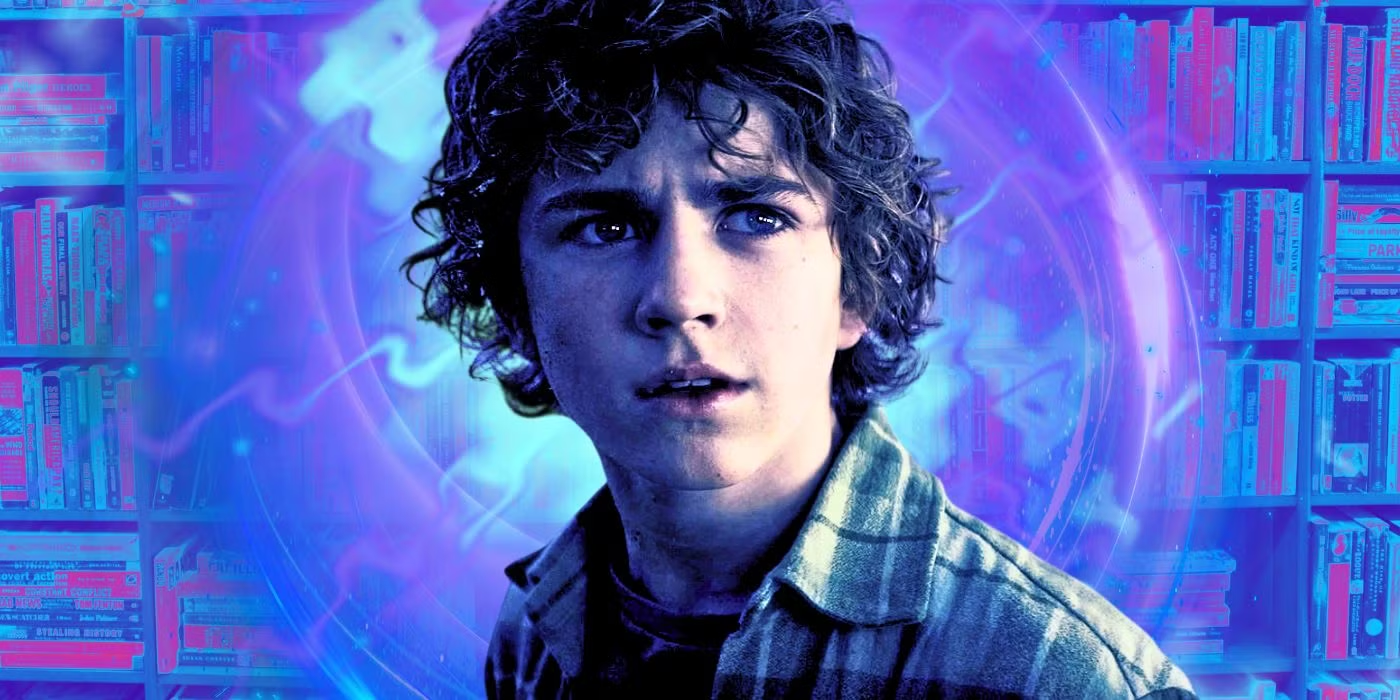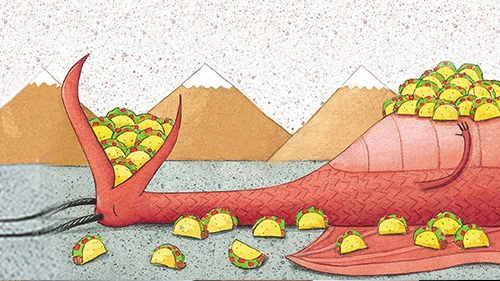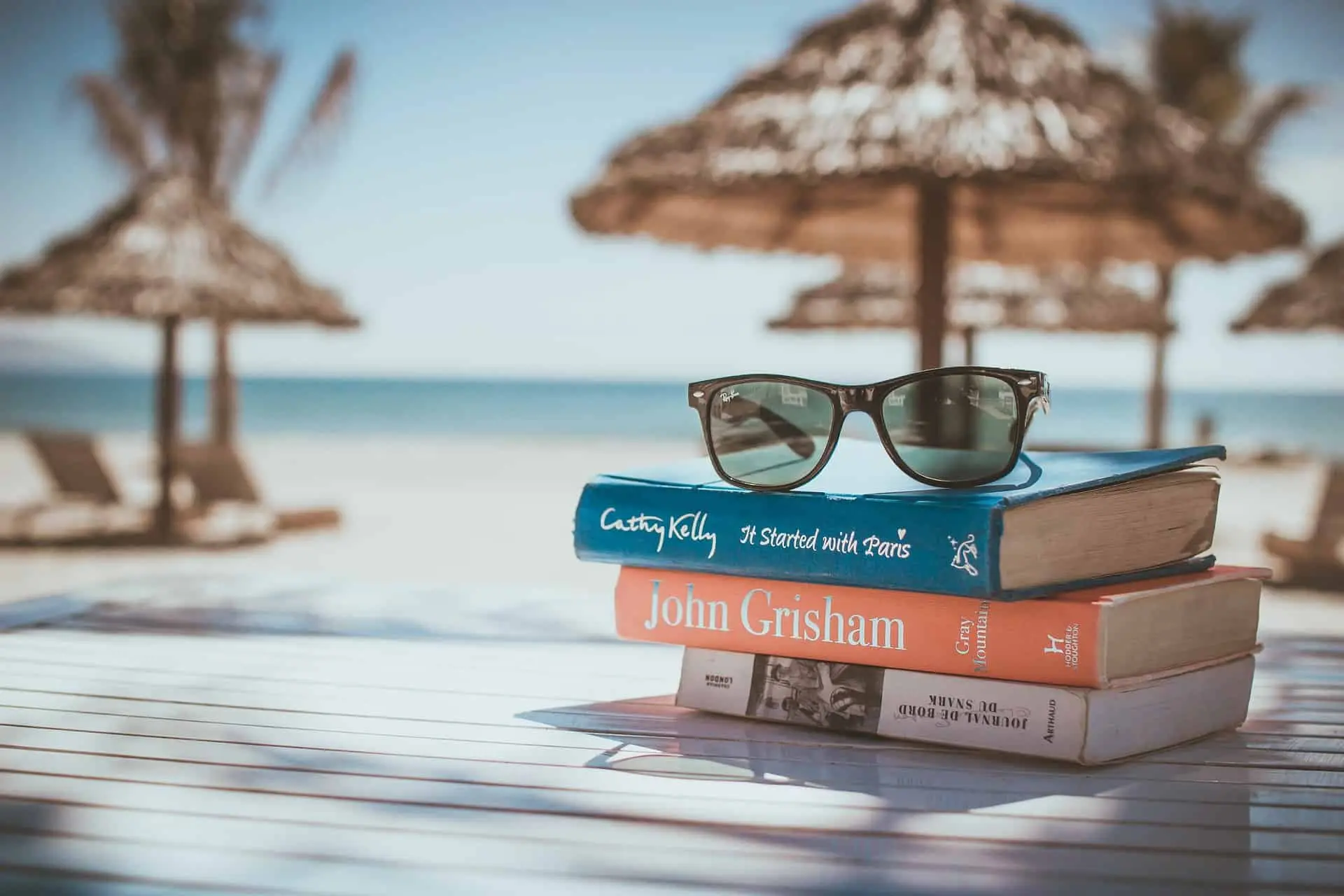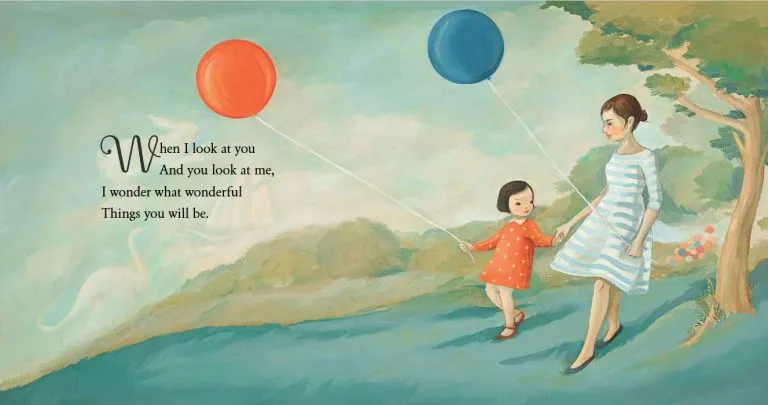The Nobel-Winning Economist Who Wants You to Read More Fiction

“I would encourage anyone interested in understanding the Great Depression or mid-19th century Britain to turn to Steinbeck or Dickens,” says Joseph E. Stiglitz, whose book “People, Power, and Profits” will be out in paperback soon.
What books are on your nightstand?
Like everyone, I have a large and aspirational pile on my nightstand. In fact, my wife recently bought me a bigger nightstand so we’d have more room for the books I want to read. Right now I’ve got “A Moveable Feast,” by Ernest Hemingway, to remind me of Paris, which I fell even more in love with during my term teaching there. “The Ratline,” because the author, Philippe Sands, is married to my wife’s sister and he sent it to us. Jill Lepore’s “These Truths” and “The Light That Failed,” by Ivan Krastev and Stephen Holmes, because everywhere I go people are talking about those two books. Ian McEwan’s “The Cockroach,” because the person who runs the renowned bookstore in Schloss Elmau (Germany) thought I would like this Kafkaesque parable of Brexit, in which a cockroach becomes prime minister. A book that was on my nightstand, but I have since read, is Hannah Lillith Assadi’s beautiful “Sonora,” a novel about the Arizona desert, New York City and the coming-of-age of a young woman whose parents are Palestinian and Israeli Jewish.
What’s the last great book you read?
“The In-Between World of Vikram Lall,” by M. G. Vassanji, in which a corrupt official now in hiding in Canada looks back on his life and the independence movement in Kenya. Particularly unforgettable are his memories of young love and the student movement in Dar es Salaam. The book was especially meaningful to me because of the time I spent working in Kenya between 1969 and 1971.
Are there any classic novels that you only recently read for the first time?
Inspired by Carl Miller’s rock opera about the lives of the Brontës, I read “Wuthering Heights.” What a book about inequality, sexuality, class. Beautifully atmospheric, too.
Describe your ideal reading experience (when, where, what, how).
I love reading a book set in the place I am visiting. We were in Cartagena, Colombia, recently, at the Hay Festival, and a friend told us to read “Of Love and Other Demons,” by Gabriel García Márquez. What a textured, rich, lush novel set in colonial Colombia. The heroine died in a convent — now converted into a hotel where we stayed. Religious fanaticism. Debauchery. Oppression. Love. The extremes were unforgettable. I couldn’t stop reading. We go to Johannesburg every year and last time we were there I read Niq Mhlongo’s “Dog Eat Dog,” about a young man going to the University of Witwatersrand in 1994, after apartheid had ended. He is an antihero and the book is satirical and funny and also sad. I gave it to several people for Christmas.
We went to Moscow in November and it was just as glitzy and disturbing as I had imagined. We didn’t bring a phone or laptop; instead I brought a paperback edition of “A Terrible Country,” by Keith Gessen, about a struggling academic who goes back to Moscow to take care of his grandmother. The book explains the strange, menacing undercurrent of life in Moscow today.
What’s your favorite book no one else has heard of?
I’m sure any book I’ve heard of has been heard of by someone somewhere — how else could I have found out about it? Some of my favorite books are not well known in the United States but certainly beloved somewhere else. One example: “Ghachar, Ghochar,” by Vivek Shanbhag, published in 2015, has a strong feminist message. It’s a novella about a family in South India and their descent into physical violence. The ending has a shocking twist.
Another writer, known to my generation but not perhaps as well known among younger readers, is Wallace Stegner. In December I read “Crossing to Safety,” Stegner’s classic about academic life and friendship and mortality. It’s about four friends looking back on their friendship and begins with their years teaching at Wisconsin when they were all trying to get tenure. It ends decades later. Lore Segal and Vivian Gornick were known to my generation. Now that they’ve published new books recently, a younger audience has come to know them.
Which writers — novelists, playwrights, critics, journalists, poets — working today do you admire most?
Amitav Ghosh, in part for his commitment to writing about climate change as well as his gorgeous historical writing. Suketu Mehta’s last book, on immigration, “This Land Is Our Land,” was wonderful. The journalist Rana Foroohar and I think alike on many topics — most recently on the dangers posed by the new digital firms (“Don’t Be Evil: How Big Tech Betrayed Its Founding Principles — and All of Us”). Books like Peter S. Goodman’s “Past Due: The End of Easy Money and the Renewal of the American Economy” can convey a far better sense of the dysfunctions in our economy and our society than can my drier, more analytic work. Just as I would encourage anyone interested in understanding the Great Depression or mid-19th century Britain to turn to Steinbeck or Dickens.
For theater: “Urinetown,” by Greg Kotis, was one of the best plays I have ever seen, and I saw it two or three times. Also “Cardinal,” by Greg Pierce, about a postindustrial town that tries to reinvent itself by turning red. I am from Gary, Ind., so I could relate. We support the Committee to Protect Journalists and I admire brave reporters all over the world including María Teresa Ronderos (Colombia), Giannina Segnini (Costa Rica and now a colleague at Columbia), Ferial Haffajee in South Africa, Musikilu Mojeed (Nigeria) and the tenacious human rights reporters at Rappler (Philippines). A Columbia alum and citizen journalist, Omoyele Sowore, ran for president in Nigeria and was arrested after a controversial tweet. Now more than ever we need good journalism and we are getting it thanks to the philanthropists funding groups like the International Consortium of Investigative Journalists, ProPublica, The Marshall Project, Daily Maverick and others.
What writers are especially good on economics? And what economists are especially good writers?
Recent years have seen many good economists trying their hand at writing a popular book in an attempt to disseminate their ideas among a wider audience and influence opinion — with a remarkably large number attaining more than a modicum of success.
The past 12 months have been particularly rich, with Thomas Philippon’s “The Great Reversal: How America Gave Up on Free Markets,” Emmanuel Saez and Gabriel Zucman’s “The Triumph of Injustice: How the Rich Dodge Taxes and How to Make Them Pay,” Abhijit Banerjee and Esther Duflo’s (winners of this year’s Nobel Prize) “Good Economics for Hard Times,” and Thomas Piketty’s 1,100-page “Capital and Ideology.” (I mention that partially out of envy: My editor would never have allowed me to get away with anything near that length, and I think back longingly over the pearls on the cutting room floor, especially in my first popular book, “Globalization and Its Discontents,” a mere 282 pages.) For all its devastation, the financial crisis spawned a large number of excellent popular books, including Martin Wolf’s “The Shifts and the Shocks: What We’ve Learned — and Have Still to Learn — From the Financial Crisis,” Adair Turner’s “Between Debt and the Devil: Money, Credit, and Fixing Global Finance,” and my colleague Adam Tooze’s “Crashed: How a Decade of Financial Crises Changed the World.”
What do you read when you’re working on a book? And what kind of reading do you avoid while writing?
I look for a book that is particularly well written (from a craft perspective), more likely than not fiction, in the hope that, somehow, the beautiful use of language, the well-chosen turn of phrase, will seep into my writing. Some nonfiction writers aspire just for clarity; I’ve also sought something more — that there would be at least moments when the reader would think, that was a good read, and even better, inspire them to do something about the problems that I’ve tried to depict.
Do you count any books as guilty pleasures?
Sadly, I don’t have any guilty reading pleasures. I love the idea of a cold night, detective novel and bar of chocolate, but am too Puritanical for that.
Has a book ever brought you closer to another person, or come between you?
Kaushik Basu’s memoir of his life in economic policymaking, “An Economist in the Real World.” I love Calcutta and it was a revelation to learn more about Basu’s life, to see the similarities and differences in our experiences as economic advisers (he to the Indian government, me to President Clinton) and to discover that he writes beautifully. I don’t think of my tribe (economists) as being captivating writers.
What’s the most interesting thing you learned from a book recently?
“The Red and the Blue: The 1990s and the Birth of Political Tribalism,” by Steve Kornacki, made me reassess my time in the Clinton White House, understanding better the forces leading to his election. It also reminded me of our ephemeral political memories and the vicissitudes of politics.
Which subjects do you wish more authors would write about?
In the aftermath of Trump, a number of books were written describing communities that seemed to be struggling, like “Janesville: An American Story,” by Amy Goldstein, or Arlie Hochschild’s “Strangers in Their Own Land.” But there has always been social transformation, and the structural changes facing the United States are arising around the world. I would have loved to see the deep kind of contextual analysis that these books brought to our understanding of what is going on today applied to historical episodes and to other countries.
What moves you most in a work of literature?
Stories of struggle, fighting injustice and oppression — or just vivid and heartfelt description. “Just Mercy,” by Bryan Stevenson, is an example.
Which genres do you especially enjoy reading? And which do you avoid?
I never go near science fiction. Not sure why. I just don’t. Perhaps it’s because I think it’s hard enough to understand our own world and try to fix it. It’s escapism to try to create another one.
How do you organize your books?
By subject. My wife then divides hers into region and alphabetizes them by last name of author, but I am too lazy. I just pile them up and can never find them again when I want them. But that gives me the constant pleasure of rediscovering a long-lost friend when I make a random foray.
What book might people be surprised to find on your shelves?
Miguel Covarrubias’s book of drawings of Bali. Roman Vishniac’s photos of the Warsaw Ghetto.
What’s the best book you’ve ever received as a gift?
Patrick Chappatte just published a book of his cartoons from the Trump era and gave me an autographed copy. One time when I visited the Carter Center in Atlanta, Jimmy Carter gave me an autographed copy of one of his books, “Keeping Faith: Memoirs of a President.” And not for ordinary reading, but the autographed copies of the annual Economic Report of the President (not actually written by the president) while I was chairman of the Council of Economic Advisers.
What kind of reader were you as a child? Which childhood books and authors stick with you most?
I was an avid reader of Dickens. At the time I didn’t know why — and I didn’t reflect on why, other than I liked the language and the stories, and it didn’t bother me that much that they were so long. (I guess I had more time then than I do now, and it gave me a sense of accomplishment in working my way through his tomes.) But reflecting back, it’s perhaps not surprising that someone whose lifelong passion has been a concern about inequality would have gravitated to Dickens’s graphic depictions of 19th-century England.
How have your reading tastes changed over time?
When I was younger I read the classics, including, for a while, a fascination with Russian writers, and lots of books about economics. My wife, the daughter and granddaughter of book publishers, introduced me to fiction from all over the world. Usually when I need a book I just ask her to come up with something. As a result, I’ve become much more eclectic. One genre she gives me is books written by journalists, about people’s lives in China. The latest was by a journalist who drove a taxi around Shanghai in order to strike up conversations with people about their lives. It’s called “The Shanghai Free Taxi: Journeys with the Hustlers and Rebels of the New China,” by Frank Langfitt. In that same genre we loved “Factory Girls,” by Leslie T. Chang, and “Street of Eternal Happiness,” by Rob Schmitz, about Shanghai.
What book has had the greatest impact on you?
The poem “One Hoss Shay,” by Oliver Wendell Holmes, has stayed with me my whole life. It’s about aging and, as a kid, I found the image of a horse slowly collapsing, after a life of labor, somehow to be very moving. I always wondered if that is how my life would end.
What’s the last book you recommended to a member of your family?
The Phyllis Rose biography of Alfred Stieglitz. We’re not related (different spelling too) but we love his photography and we secretly wish we were related.
You’re organizing a literary dinner party. Which three writers, dead or alive, do you invite?
Diksha Basu, Chimamanda Ngozi Adichie, Kiran and Anita Desai.
What do you plan to read next?
The journalist Robyn Meredith came back from Hong Kong and got us organized into a monthly reading group. We are rereading “Things Fall Apart,” by Chinua Achebe, this month and then next month we will read Claude McKay’s book “Romance in Marseille,” which has just been rediscovered.




